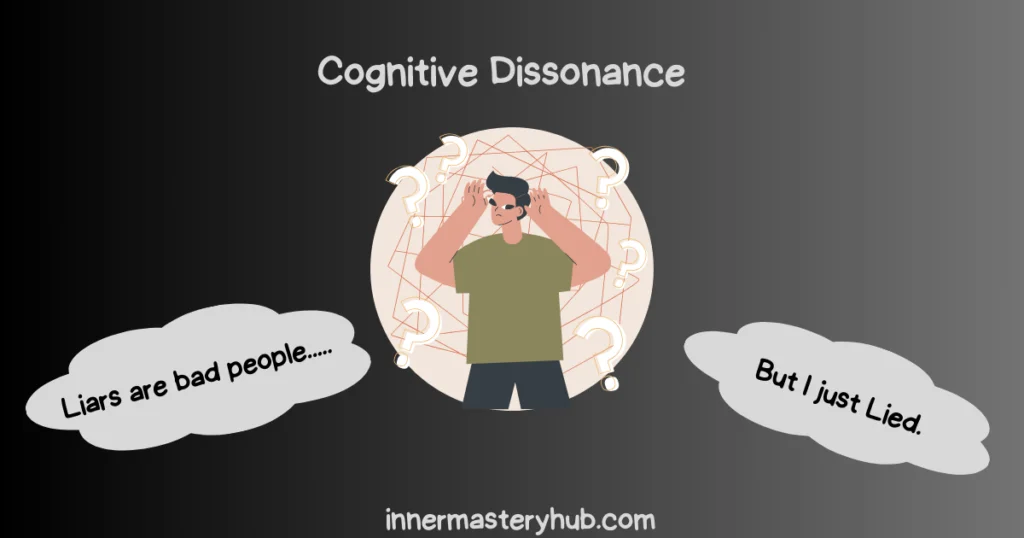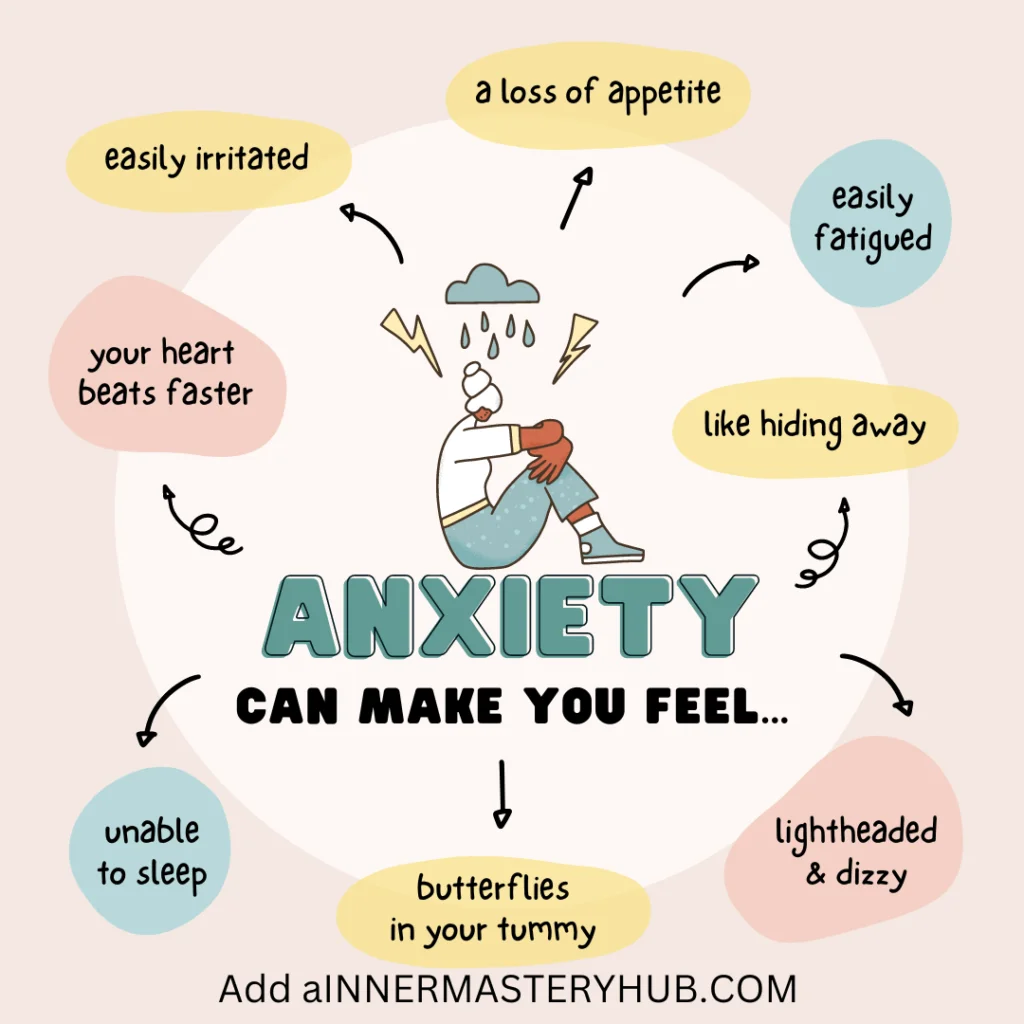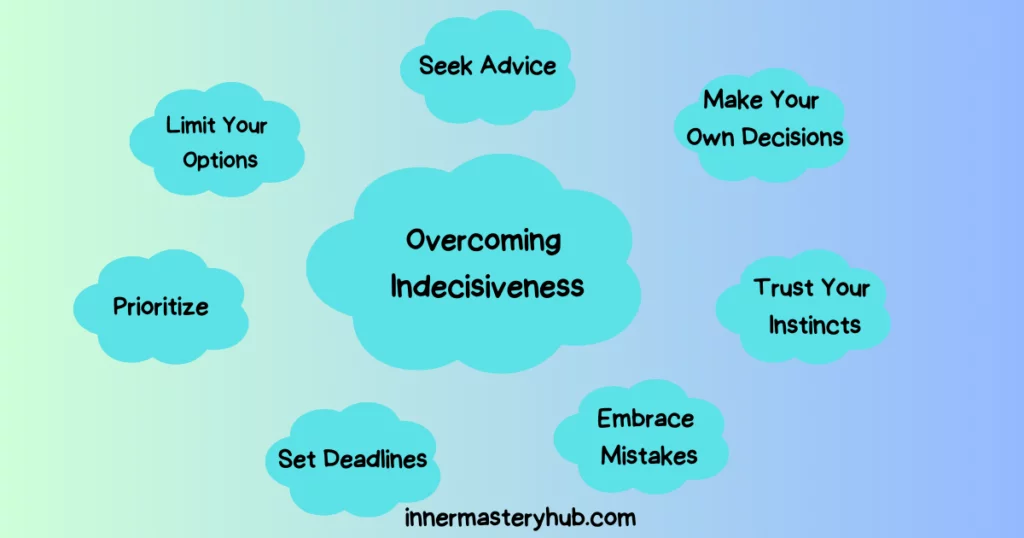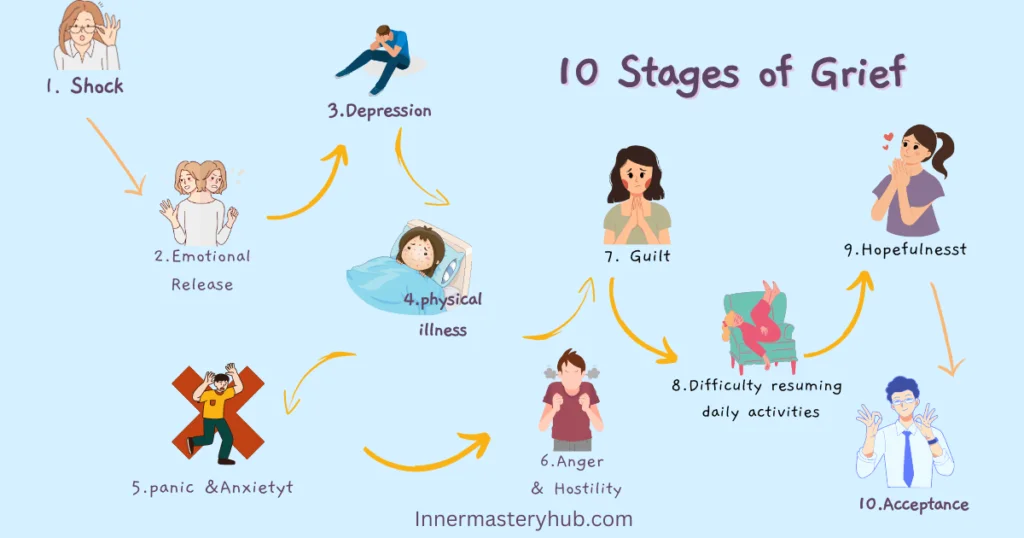
Are you feeling constantly on edge? Are you overly concerned with things that are beyond your control? If your response is yes, you may find it helpful to practice detachment. Being detached does not mean turning emotionless or cold.
It’s a vital ability that enables you to release negative attachments, promoting inner peace and resilience in the face of life’s inevitable challenges. We’ll discuss the art
of detachment, its advantages, and valuable advice in this blog article to assist you in developing this life-changing habit.
Table of Contents
What is detachment?
Emotional development and the capacity to stay unaffected by outside events are q ties that practice detachment. It involves letting go of an unhealthy attitude toward people, things, or outcomes to create room for inner resilience and peace.
Picture yourself putting in a lot of effort to complete a project or get promoted, but even with your best efforts, the results fall short of our expectations.
In this context, practicing detachment means recognizing your effort and commitment but allowing the disappointment or perceived failure not to diminish your value as a person. Instead, you keep an open mind and concentrate on the experience of learning and growth.
In a romantic relationship where you both genuinely care about your spouse, but they choose to go in a different direction. Accepting that everyone has their journey rather than being indifferent is what practicing detachment means. You don’t have to agree with their choices to feel content and happy for yourself. You can support them in their decisions.
It doesn’t mean you aren’t empathetic or lack the capacity to feel or experience emotions. While emotional detachment could indicate depression, deliberate detachment is not an indication of depression.
The emphasis should instead be on setting clear and reasonable boundaries that outline your expectations and specify the types of behavior that you find acceptable and unacceptable.
Although some can perceive voluntary detachment from a relationship as “rude” or “unfeeling,” this is rarely the objective of the person choosing to leave.
Reasons To Practice Detachment
There will always be highs and lows in life. Detachment training teaches you to stand back and handle disappointments and defeats with more fortitude. Moving forward and overcoming obstacles will be easier if you are more focused on achieving particular outcomes.
In order to create a secure, sincere connection free from manipulation or possessiveness, it entails letting go of harmful attachments and expectations in relationships.
Emotions can impair judgment when you’re attached to something. You can make more logical decisions and observe situations more clearly by practicing detachment.
Practicing detachment can also make you free from controlling everything, including others’ behavior. Detachment promotes acceptance of the uncontrollable. By letting go of forcing outcomes, you can find peace in the present and handle challenges more peacefully.
Tips For Practicing Detachment
“Detachment is not that you should own nothing, but that nothing should own you.”
– Deepak Chopra
Here are some practical tips to help you cultivate the art of detachment in your daily life:
Meditation
Meditation helps you become self-aware and observe your thoughts and feelings without judgment. Observing your attachment patterns enables you to disconnect. Many detachment-focused guided meditations are available online or via apps.
Identify Your Attachments
Realizing what you’re attached to is the first step towards letting go. Make an intentional effort to identify the circumstances, results, or individuals that make you feel worried, anxious, or possessive. One helpful tool for this process is journaling.
Practice Acceptance
Life is full of uncertainty. Understanding the difference between what you can and cannot control is crucial to detachment. Instead of fighting against reality, detachment promotes accepting things as they are.
Concentrate your energy on the things under your control, such as your beliefs, actions, and behaviors. Practice letting go of the impulse to control particular results while embracing what is beyond your control. Enjoy the journey!
RELATED: Resentment In Relationships
How to let go of a loved one
Focus your emphasis on your beliefs, actions, and behaviors—the things that you can influence. Embrace what is out of your control and practice letting go of the need to control certain outcomes.
Allow yourself to experience the pain and sorrow of the situation. Repression of feelings could hinder recovery. Cry, use creative methods, or speak with a therapist or trusted friend.
Think About the Connection. Was it healthy? Was it really what you needed? You can disconnect with greater acceptance if you consider the bigger picture.
Go No Contact, the law of detachment, by setting aside time and distance might be essential for emotional healing, but it may also be the most challenging step. Refrain from following them on social media or hanging out in areas you know they visit.
It is for your own good, not theirs, therefore let go of your grudge. You are releasing yourself from the weight of wrath when you forgive someone, not because you agree with their actions.
Doing things that are good for your health, mind, and soul should be your top focus. Rekindle your passions, get active, spend time in nature, and concentrate on your own development.
Detachment allows you to learn that what happened does not entirely determine who you are. You deserve to be loved and to be happy all the time. Bring yourself back in touch with your good qualities and strengths.
Join support groups and friends to be able to release negativity, relinquish your attachment, and nourish absolute freedom within your mind.
RELATED POSTS
Can surging Boredom in Marriage Reignite Connection?
An Unpredictable Family will have these 5 Bitter Truths
Why Is the Mother Archetype So Central to Myths Across Cultures?






